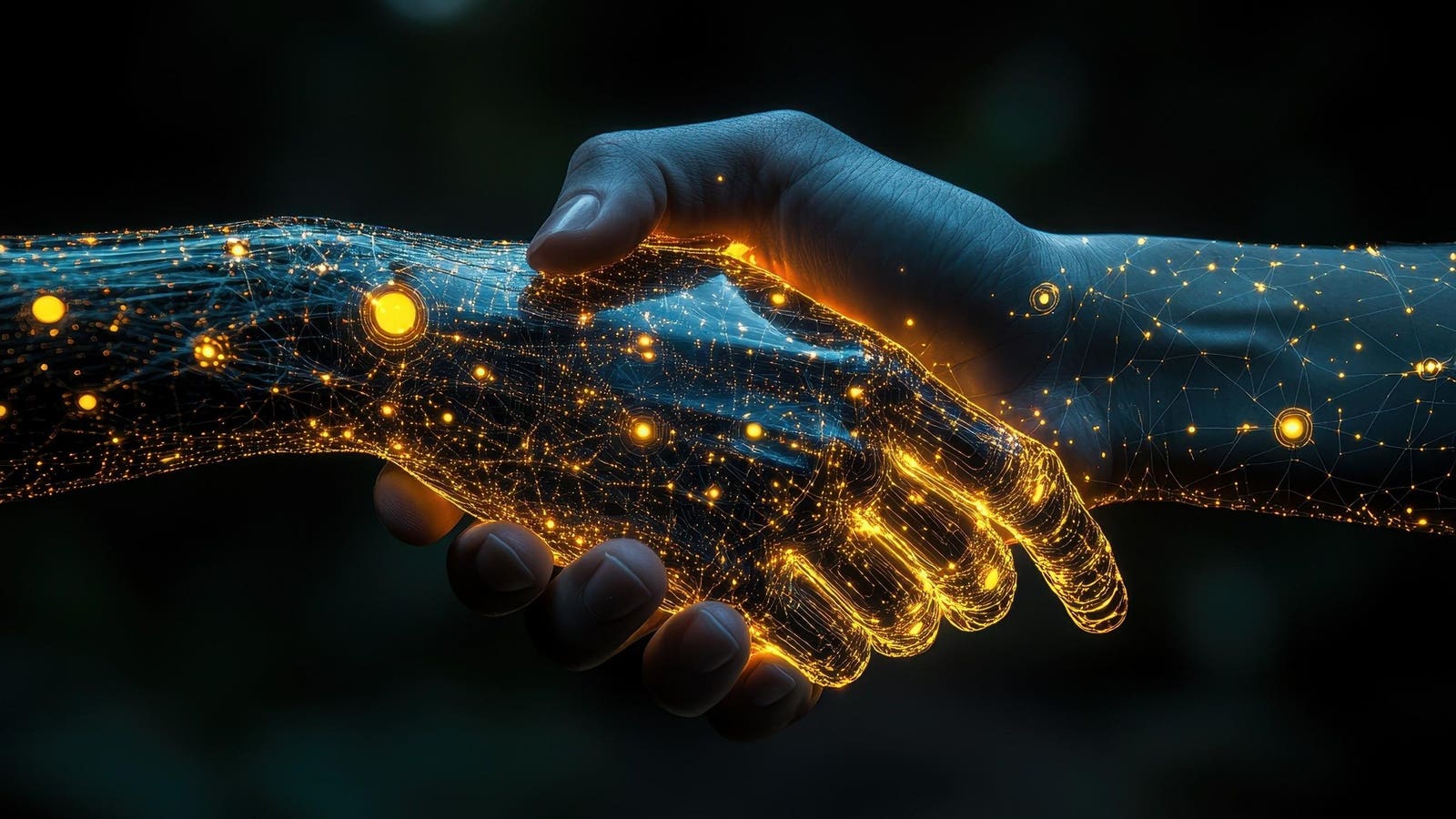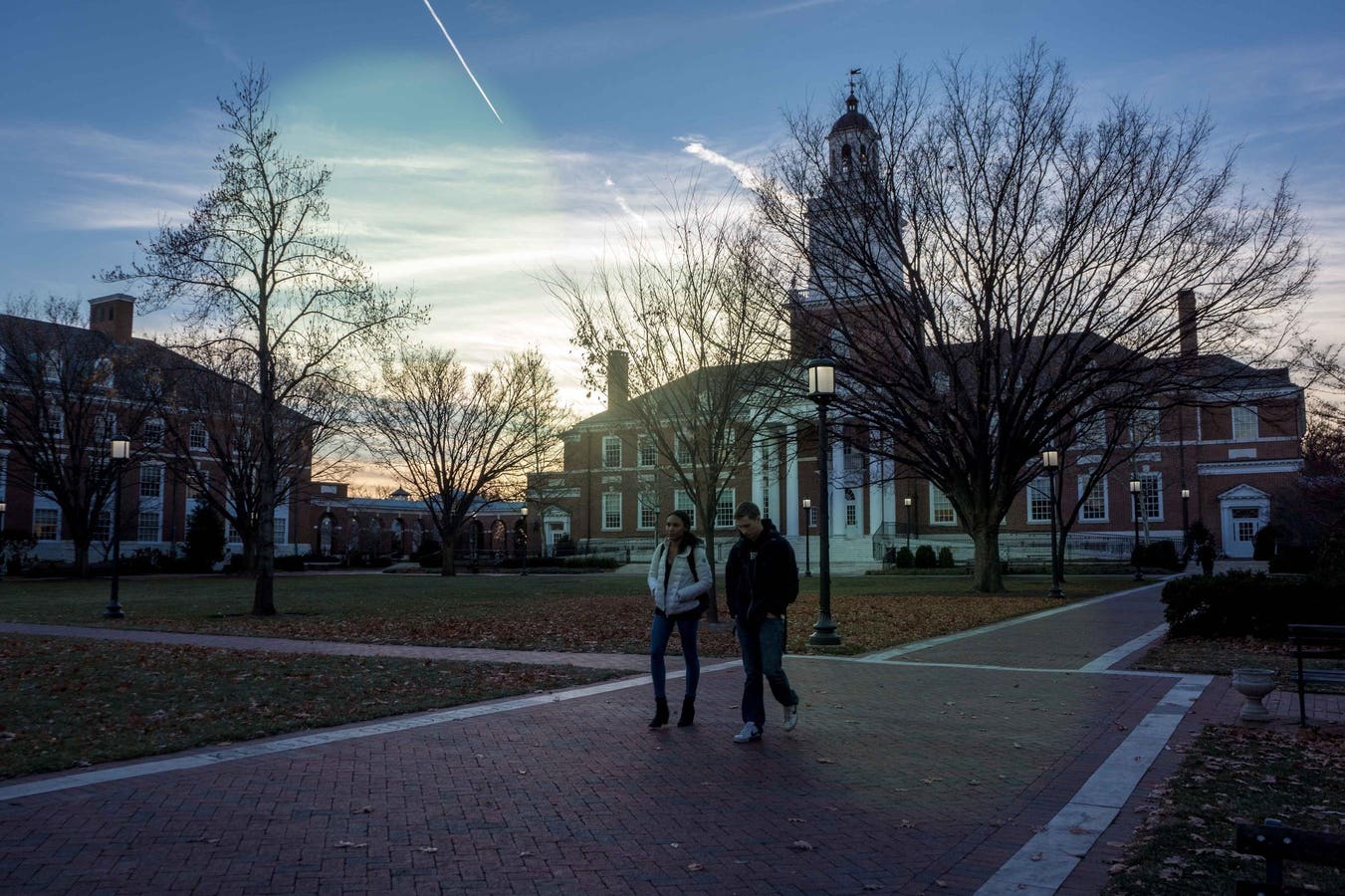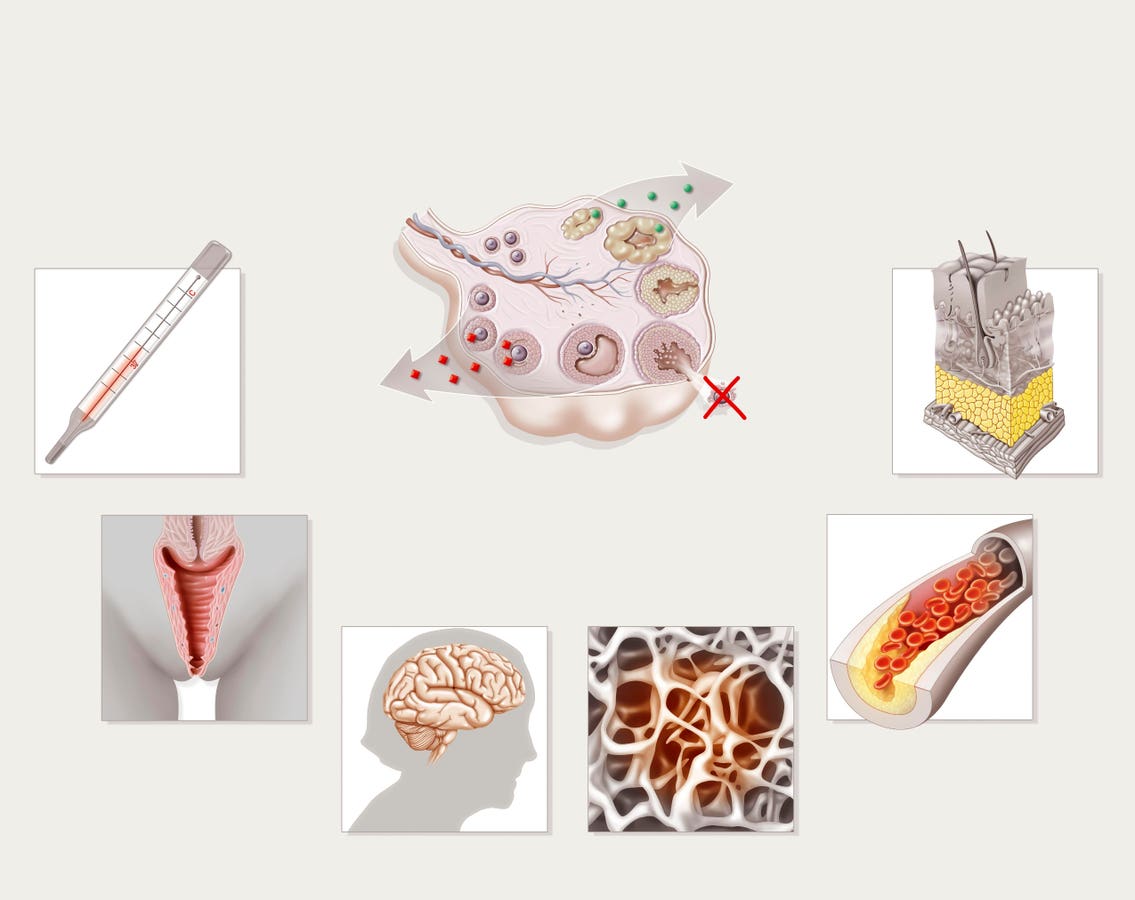AI is full of promise as well as danger, and its greatest hopes may change how we live and work. From transforming healthcare and education to accelerating scientific discovery and fighting climate change
Adobe Stock
Recently, I wrote about what I see as the greatest risks of AI, from the loss of millions of jobs to the possibility of catastrophic misuse. Even as an optimist, I acknowledge there is plenty to worry about. Yet it is equally important to look at the other side of the coin. AI also carries immense hopes, with the potential to deliver huge benefits, tackle society’s most complex problems, and improve the lives of billions.
Of course, none of these outcomes are guaranteed. Realizing AI’s promise depends on how responsibly it is designed and applied, with systems that are reliable, transparent, accountable, and trustworthy. With that in mind, here are what I believe are the greatest hopes for AI, along with ideas on how we can make them a reality.
AI Will Make Work More Meaningful For Millions Of People
One of the great hopes is that AI will shift our focus from tedious, repetitive work that can easily be done by machines, towards higher-value, more rewarding tasks. A simple example is a customer support agent who spends hours every day resetting passwords or answering the same three questions. A chatbot or virtual assistant can take care of these routine requests instantly, freeing the human agent to deal with complex issues that require empathy, judgment, and creativity. This shift not only improves efficiency but also allows employees to build skills and find greater satisfaction in their work. Research shows that when AI takes on mundane tasks, job satisfaction rises significantly.
AI Will Boost Human Productivity
As well as making work more enjoyable, AI can significantly boost productivity. Research from Salesforce shows that employees who use AI daily report average productivity gains of 64 percent. Another study looking at customer service, marketing, and coding found that across all three areas, people achieved more when they worked alongside AI tools. The challenge is to capture these gains without becoming overly dependent on technology in ways that erode important human skills like reasoning and critical thinking.
AI Will Lead To A New Wave Of Scientific Progress
This year, Google DeepMind’s Demis Hassabis was awarded the Nobel Prize in Chemistry for AlphaFold, an AI system that predicts protein structures with remarkable accuracy. He has said AI’s greatest contribution will be to accelerate scientific discovery, and recent breakthroughs support this view. Beyond AlphaFold, researchers at MIT used generative AI to design two entirely new antibiotic candidates capable of killing drug-resistant gonorrhoea and MRSA superbugs in lab and animal tests. At a time when antibiotic resistance causes more than a million deaths annually, this development has been described as the start of a “second golden age” in antibiotic discovery. More broadly, AI can also scan millions of scientific papers, surface insights, and translate complex findings into accessible knowledge, helping researchers push the boundaries of medicine, energy, and our understanding of the universe.
AI Will Revolutionize Healthcare
AI has the potential to transform almost every part of healthcare, from diagnostics and treatment to aftercare and prevention. Research from Microsoft suggests AI systems can already outperform doctors at diagnosing certain illnesses, in some cases achieving four times greater accuracy. In the UK, the National Health Service is piloting AI tools that automatically generate patient discharge summaries, cutting paperwork and freeing up hospital capacity more quickly. These breakthroughs point to a future where AI could hugely improve patient outcomes, speed up care, and reduce costs. Still, success depends on addressing risks around data privacy, bias, and safety to ensure AI helps rather than harms.
AI Will Solve The Climate Emergency
AI could become one of our most powerful tools for fighting climate change by making everything from energy grids to smart cities more efficient. It is already being used to optimize renewable energy, with Google’s DeepMind showing how algorithms can increase the output of solar and wind farms. The same approach is helping data centers cut the water used for cooling and supporting the design of more advanced, environmentally friendly batteries. These innovations highlight how AI can drive sustainability at scale, although its own heavy energy demands mean the benefits must always be weighed against the costs.
AI Will Improve Education For Everyone
AI is set to reshape education by reducing routine workload for teachers and creating more personalized, engaging learning experiences. In the classroom, it can handle administrative tasks and adapt lessons to individual student needs, while outside the classroom, it can act as a personal tutor to support self-study. Importantly, AI also has the potential to expand access to quality education in underserved regions, helping to close long-standing gaps in opportunity. Research from Harvard University shows that AI-assisted learning can double student progress compared to traditional active learning methods. By raising educational standards worldwide, AI could help unlock the next wave of human innovation and creativity.
AI Will Create A Fairer And More Equal Society
When applied to societal challenges, AI has the potential to create more equitable outcomes. Initiatives like the Algorithm for Equality Manifesto highlight how AI can help reduce racial or gender bias in hiring and performance reviews, while also tackling inequality of access to opportunity. Beyond HR, AI is being explored as a way to design fairer systems for credit scoring, welfare distribution, and access to healthcare or housing. Some governments are piloting AI-driven tools to identify discrimination in public services or to improve transparency in decision-making. At the same time, ensuring fairness requires strong governance, diverse training data, and ongoing oversight to prevent algorithms from reinforcing existing inequalities rather than reducing them.
Shaping The Future
The speed with which AI is encroaching on our lives can seem overwhelming, so it’s not surprising that for some people it’s causing real anxiety. Yet it is equally important to recognize that AI has already delivered tangible breakthroughs across science, healthcare, education, and sustainability, showing there is far more to it than hype. The real question is how we choose to guide AI as it shapes our future. By focusing on trust, accountability, and human benefit, we can ensure that AI develops in ways that genuinely improve lives and help build a better world.









